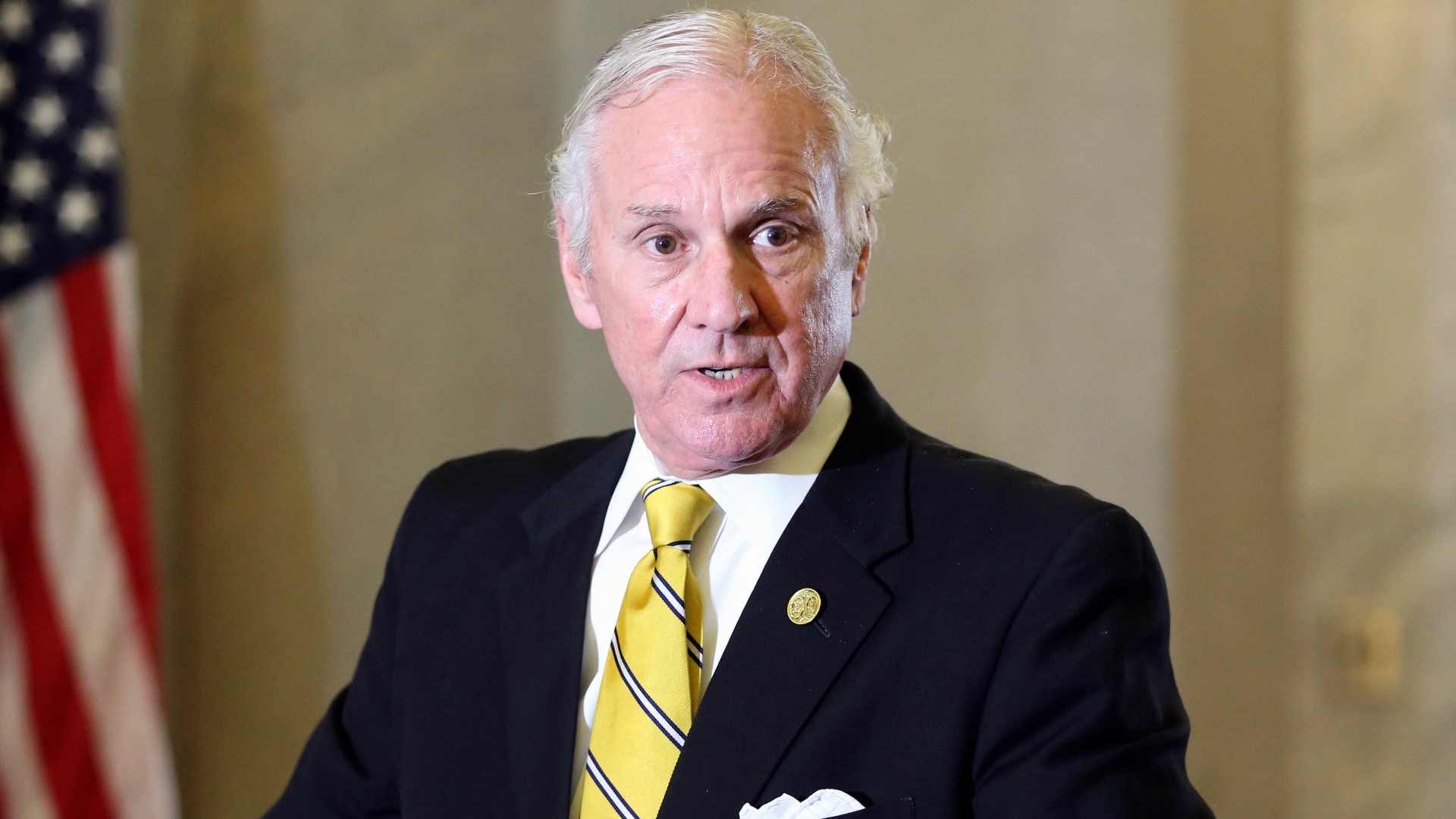COLUMBIA, S.C. — South Carolina Gov. Henry McMaster says he wants to prohibit targeted door to door vaccine efforts in the state.
McMaster sent a letter Friday to Mark Elam, the chair of the the South Carolina Department of Environmental Control, outlining his objections.
“A South Carolinian’s decision to get vaccinated is a personal one for them to make and not the government’s,” Governor McMaster wrote. “Enticing, coercing, intimidating, mandating, or pressuring anyone to take the vaccine is a bad policy which will deteriorate the public’s trust and confidence in the State’s vaccination efforts."
“The prospect of government vaccination teams showing up unannounced or unrequested at the door of ‘targeted’ homeowners or on their property will further deteriorate the public’s trust and could lead to potentially disastrous public safety consequences," he added.
McMaster wants Elam to issue directives to state and local leadership that would prohibit any potential effort to go door-to-door by the Biden Administration.
A short time later, DHEC's Director, Dr. Edward Simmer, issued a statement clarifying that the state's health agency is not doing surprise vaccination efforts.
"DHEC’s vaccine outreach efforts have not and will not include unsolicited door-to-door visits," Simmer said. "DHEC does offer in-home vaccines through our homebound vaccination program, but only if specifically requested in advance by the person being vaccinated."
In the letter, McMaster references a remark made by President Joe Biden earlier in the week. During a Tuesday briefing, Biden said, "“Now, we need to go to community-by-community, neighborhood-by-neighborhood, and oftentimes, door-to-door — literally knocking on doors — to get help to the remaining people protected from the virus."
Biden didn't offer specifics on how his idea would be executed.
But some Republicans immediately objected to the notion. Missouri's governor said earlier in the week he didn't want government employees going door to door in his state. “I have directed our health department to let the federal government know that sending government employees or agents door-to-door to compel vaccination would NOT be an effective OR a welcome strategy in Missouri!," said Gov. Mike Parson.
Parson did acknowledge that more needed to be done to get people in his state vaccinated, but felt that strategy would not lead to a higher vaccination rate, saying it might scare people from taking the shot.
The Arizona attorney general also said the move wouldn't be welcome.
But Biden Administration officials pushed back on the criticism. White House Press Secretary Jen Psaki was asked Friday about McMaster's statement.
"The failure to provide accurate public health information including the efficacy of vaccines and the accessibility of them to people across the country including South Carolina is literally killing people," Psaki said. "So maybe they should consider that."
She added that the proposal would not be federal employees going door to door, but rather volunteers.
"These are volunteers who believe that people across the country especially in low vaccinated areas should have accurate information, should have information about where they can get vaccinated, where they can save their own lives and their neighbors' lives, and their family members' lives," she said.
She also said the federal government doesn’t keep a database of who’s been vaccinated.
South Carolina currently has a rate of 48.8% of South Carolina residents over the age of 12 who have taken at least one shot, and 43% who are completely vaccinated, according to DHEC data. While not the lowest in the nation, those rates are well below the national average.

